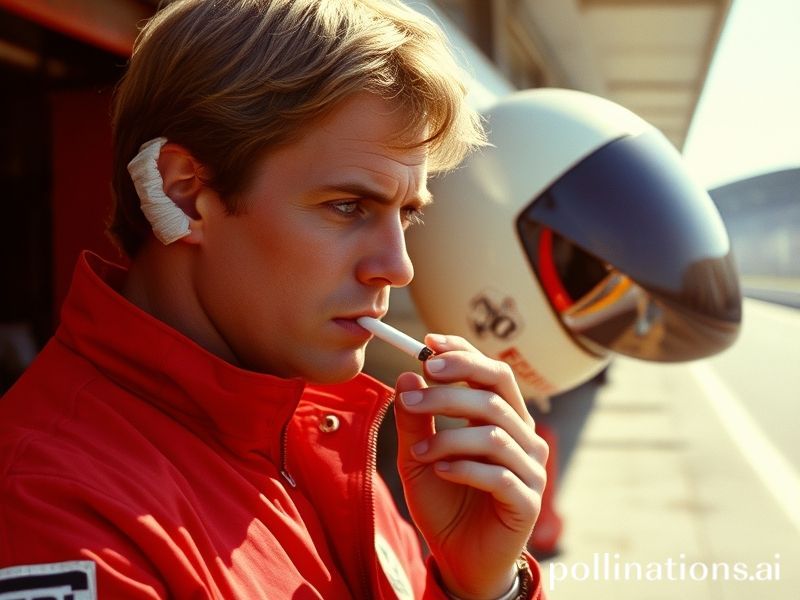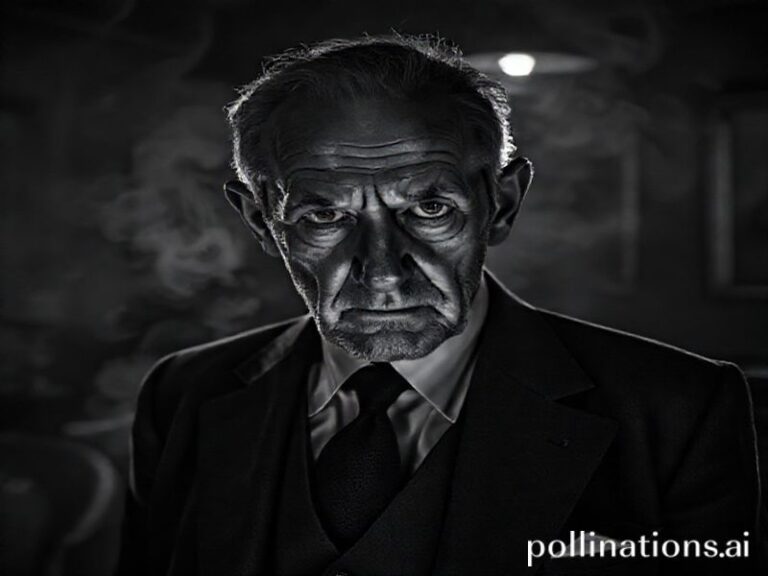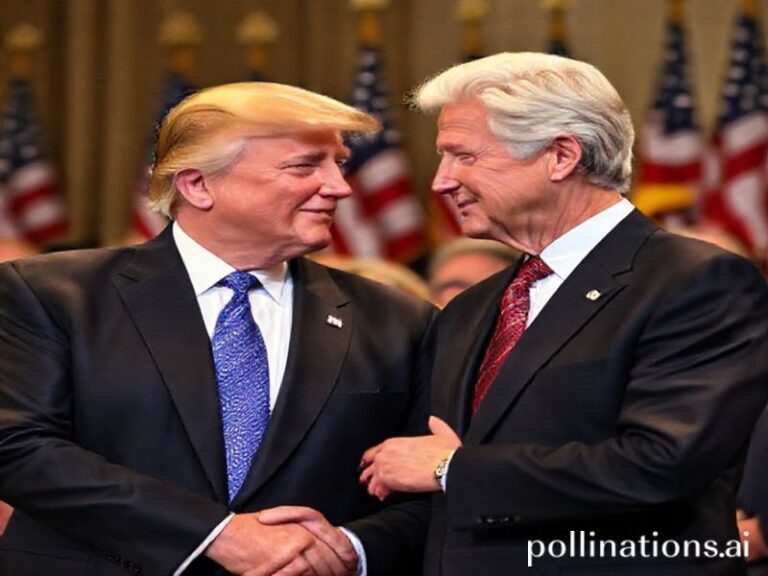Niki Lauda Dies: How One Scarred Austrian Outran the World’s Attention Span
VIENNA, AUSTRIA — In a week when the planet is busy arguing over whose oligarchs are more photogenic, the death of Andreas Nikolaus “Niki” Lauda at 70 has reminded a distracted globe that there once existed men who took genuine risks for something as quaint as “going faster than the other guy.” The three-time Formula One world champion checked out quietly on Monday, presumably annoyed that his final lap took place in a hospital bed instead of on the Nordschleife at 320 km/h with a cigarette dangling from his lips.
Lauda’s passing is not just another sports obituary; it is a Rorschach test for the international order. In Europe, tributes poured in from every corner where air-traffic controllers still remember his last name from the cockpit announcements of Lauda Air, the airline he founded after hanging up his helmet. In Asia, fans who discovered F1 through late-night pirated broadcasts in the ’90s lit virtual candles on Weibo, while in the United States—where motorsport usually means left turns and beer commercials—ESPN cut into its wall-to-wall NBA playoffs to note that a “European race-car guy” had died. The global reaction illustrates a simple truth: Lauda belonged to everyone who ever sat in economy class and wondered why the pilot sounded calmer than the flight attendant selling scratch cards.
For the uninitiated, Lauda’s curriculum vitae reads like a dare. He borrowed money from Austrian banks that should have known better, bought his way into Formula Two, then talked Ferrari into a seat in 1974. Two titles later, on 1 August 1976, he performed the neat trick of having his face seared off at the Nürburgring, inhaling enough toxic fumes to pickle an elephant, and then—six weeks later—climbed back into a car at Monza with bandages still weeping, just to prove the point that fear is for people who don’t have points to defend in the championship. He lost that title by a single point to James Hunt, a man whose lifestyle choices made Keith Richards look like a wellness influencer. The episode became cinematic myth in “Rush,” allowing a new generation to discover that the 1970s were basically Mad Max with better tailoring.
Yet Lauda’s real act of international subversion came after racing. While other retired drivers hawked cologne or became glorified trackside ornaments, he started an airline in 1979 with the same cavalier attitude he once reserved for passing on the outside of Eau Rouge. Lauda Air grew from two leased Boeings to a fleet that carried Australian backpackers and Thai honeymooners across continents, all while their founder occasionally popped into the cockpit to remind the crew that he could still land the thing if the autopilot got stroppy. The venture ended, inevitably, in a forced sale to Austrian Airlines, because even indestructible legends eventually meet accountants who are more ruthless than any barrier at Tamburello.
What does Lauda’s life tell us about the 21st-century world order? First, that the concept of “borders” is largely meaningless if you’re willing to strap yourself to an internal combustion engine and ignore the mortality statistics. Second, that global capitalism will happily monetize your charred flesh: the trademark red cap Lauda wore to hide his scars became a merchandising empire worth millions, proving that disfigurement sells as long as the logo is embroidered correctly. Finally, that the international community is united less by trade agreements than by shared nostalgia for an era when risk wasn’t something you outsourced to an app.
The funeral will be private—Lauda despised spectacle almost as much as he despised under-steering into a corner. A small mercy, really; otherwise the UN would have insisted on a flyover by carbon-neutral drones piloted by interns. He leaves behind a world that talks endlessly about “disruption” but mostly means moving pixels around a screen, and a reminder that the original disruptive technology was simply a man willing to press the accelerator a heartbeat longer than sanity advised.
Rest well, Niki. The planet’s still spinning, albeit more slowly and with infinitely less style.







